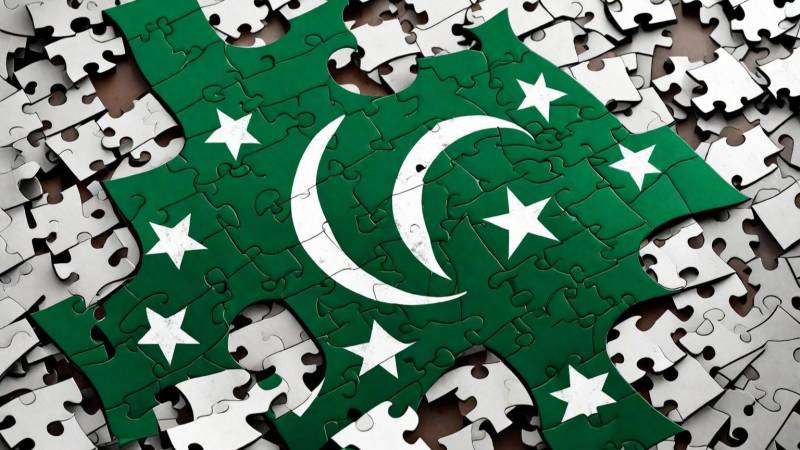
Imagine a young sapling, planted with hope, promising shade and shelter for generations to come. This, was our democracy 76 years ago. However, over the years, we've witnessed the systematic chopping of its branches, leaving it stunted and struggling to survive.
With over four military coups and fourteen democratically elected governments - that have never completed terms - Pakistan’s democratic process, to say the least, has been in a constant struggle to grow.
Now more than ever, a nation of 250 million people unanimously feel the sense of frustration. Frustration rooted in the constant attempt of theft against their right to vote and frustration towards certain people – those whom aren’t to be spoken off - making decisions behind closed doors. Well to put it mildly I share the frustration, however I for one may not direct my frustration entirely towards the people behind closed doors.
Also, frankly I don’t feel adeqautely well-informed to address the decision making behind closed doors. Thus, for today we will address the category that chops the very tree it deems to represent: Politicians.
I for one feel it is time to confront the uncomfortable truth: politicians themselves have been complicit in weakening the very system they claim to represent. Let's not mince words. History is replete with instances where political expediency has trumped democratic principles. The dance with the military is a prime example. When seeking power, politicians don't shy away from aligning themselves with the very forces that undermine civilian rule. Whispered deals and backroom negotiations grant them temporary advantage, but at the cost of eroding the military's neutrality and further entrenching its influence.
Then comes the charade of elections. Instead of relying on the genuine trust of the electorate, some resort to manipulating the system itself. Allegations of pre-poll engineering and voter fraud, engineered by both established parties and newcomers alike, cast a dark shadow on the legitimacy of our electoral process. This disenfranchises the people, replacing their voice with fabricated votes, silencing their aspirations for genuine representation.
But the most cynical act is reserved for when the tides turn. Once the military's influence wanes or favours shift, suddenly, democracy becomes a victim, threatened by the very forces politicians once embraced for personal gain. This selective outrage exposes the hollowness of their commitment to democratic ideals. It's not the principle they defend, but their own grip on power.
This isn't a mere accusation; it's a call to introspection. We, the citizens, must hold our elected officials accountable for their actions and inaction. We must demand transparency, reject deals struck in the shadows, and punish those who subvert the electoral process.
But the onus doesn't solely lie with us. Political parties must reform themselves, prioritising internal democracy and rejecting patronage systems that breed corruption and nepotism. They must foster a culture of political debate and compromise, replacing power struggles with a collective commitment to strengthening democratic institutions.
Yet, amidst the fallen branches, hope persists. Look closer, and you'll see new shoots emerging. The power of the vote, still holds sway. Young voices rise, demanding accountability and transparency. Civil society remains vigilant, reminding us of the democratic ideals we must strive for.
But these green shoots need sunlight, air, and nourishment. We must actively cultivate a democratic culture.

